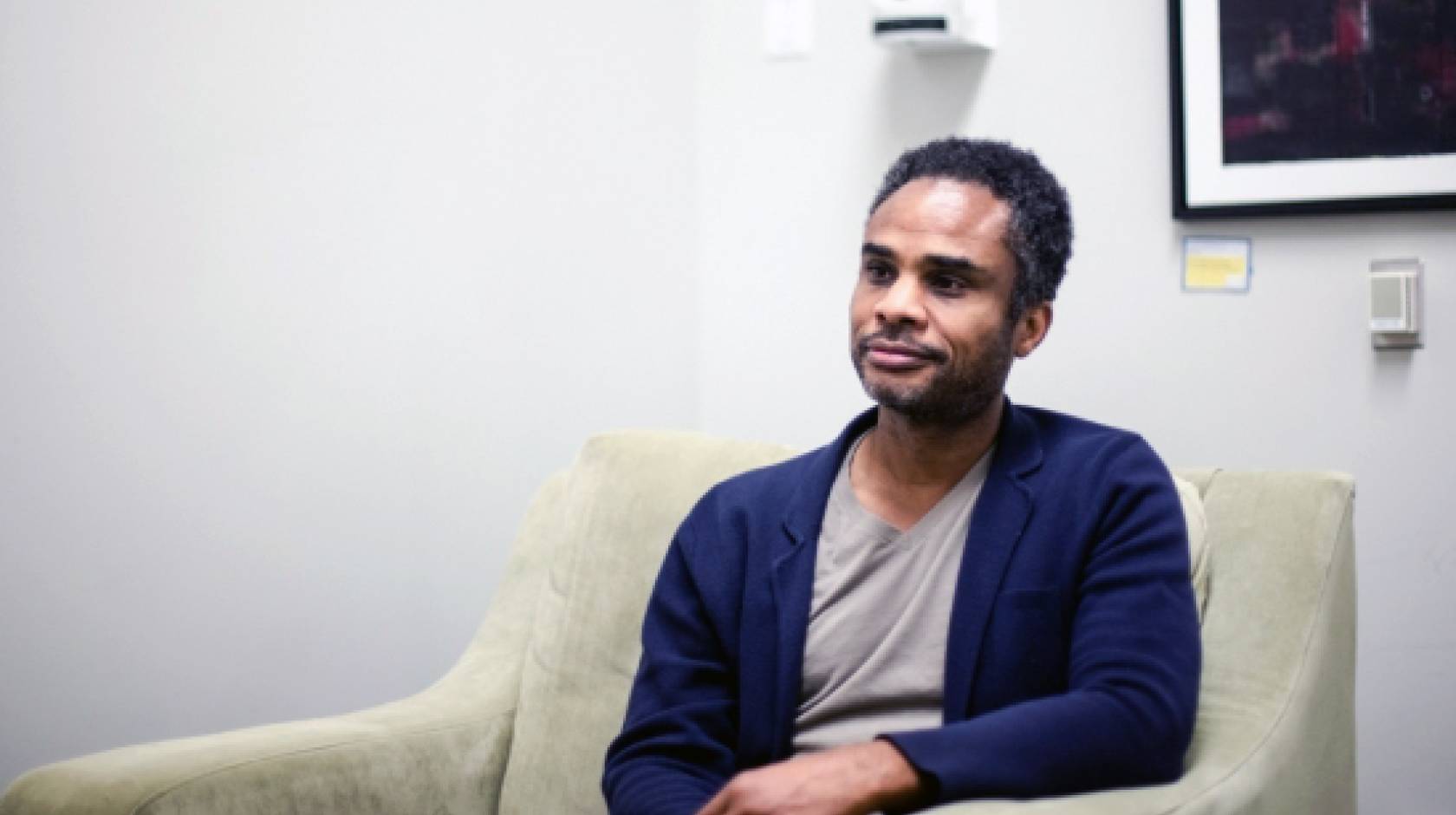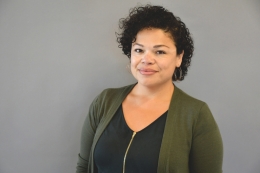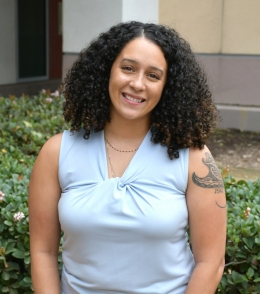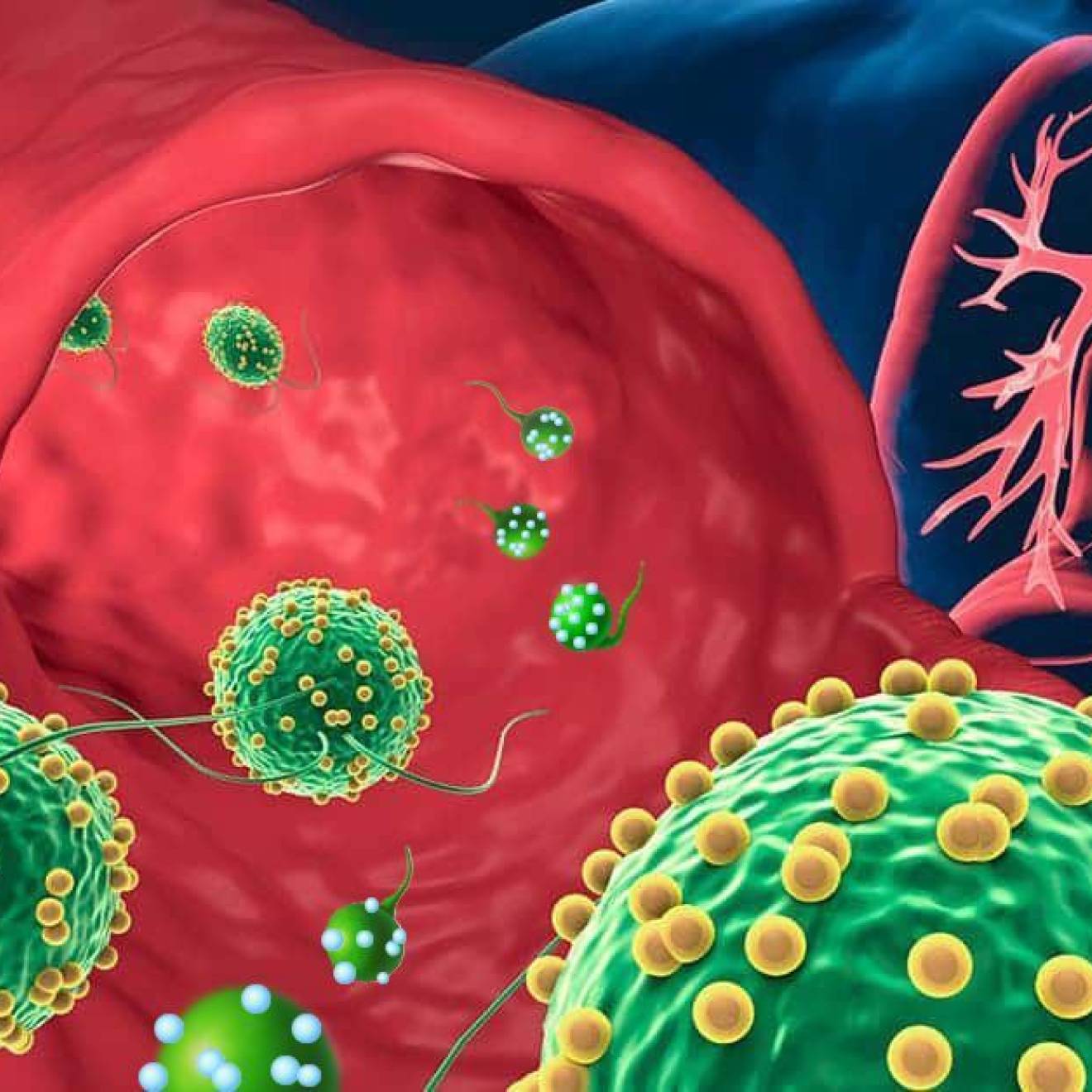George Yatchisin, UC Santa Barbara

Two years ago, the Gevirtz School at UC Santa Barbara created the Healing Space, a unique therapy training clinic dedicated to providing racially-informed behavioral health services to Black community members impacted by racial trauma.
At the Healing Space, situated within the Hosford Counseling and Psychological Services Clinic, graduate student therapists have created an environment to better understand racism as well as Black culture’s unique resilience and strength.
Recognizing the value of the clinic’s service to the community, the Santa Barbara Foundation has awarded a $60,000 two-year behavioral health grant to the program to expand its overall reach and capacity. The award, made in partnership with Cavaletto Charities, is the largest community grant the foundation has given to UC Santa Barbara.
“We are extremely grateful that the Santa Barbara Foundation has supported the Healing Space since its founding in 2020 and has been an integral part of sustaining this important resource for the community,” said Jeffrey Milem, Jules Zimmer Dean’s Chair of the Gevirtz School. “With these funds, we will be able to increase clinical staff to provide more care and reduce therapy costs for clients.”
In addition to providing a needed community resource, the Healing Space is a crucial training site for Black doctoral students from the department of Counseling, Clinical, and School Psychology (CCSP). Graduate student therapists learn to develop, test and deliver clinical interventions centered on addressing racial trauma and improving wellness and healing.
According to the American Psychological Association (APA), Black clinicians make up only 2 percent of the estimated 41,000 psychiatrists in the U.S., and just 4 percent of psychologists. As a core component of CCSP, the Healing Space is dedicated to helping fill this critical gap of Black mental health resources and professionals. From 2017 to 2020, African American students comprised between 10–12 percent of doctoral students in the department. Over the last two years, CCSP has steadily increased the ethnic and racial diversity of their faculty by almost 10 percent, with plans for additional hiring in the coming years.
“The Healing Space provides a safe, culturally responsive clinic for Black residents to get mental health support, and for that support to be provided by Black therapists who have a keen understanding of the ways anti-Black racism operates in U.S. society,” said Alison Cerezo, CCSP associate professor and Healing Space director. “It’s critical that Black psychologists-in-training have a community of Black therapists with whom they can learn and thrive.

Alison Cerezo
“As a Black student therapist, it is an incredible part of my training, especially because I hope to continue this work into my career,” said Jazzmyn Ward, a student therapist in the program.
During the 2021–22 academic year, six doctoral students worked as clinicians, providing healing and psychological services for Black community members. Services are provided in-person and virtually, increasing access to services for clients who are unable to get to campus for treatment.
“The continued stress and trauma in our communities has further exposed the inequities endured by Black people in our country and around the world,” said Jason Fly, another of the Healing Space’s student therapists. “For too long, we have been expected to bear the burdens of racism that manifest in direct violence, health and economic disparities, and the psychological consequences of chronic stress. I am humbled to have the opportunity and privilege to do my part to create a therapeutic environment for the Black community and provide service through the Healing Space with empathy and compassion.”

Jazzmyn Ward

